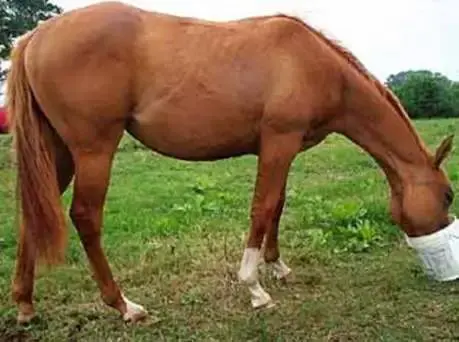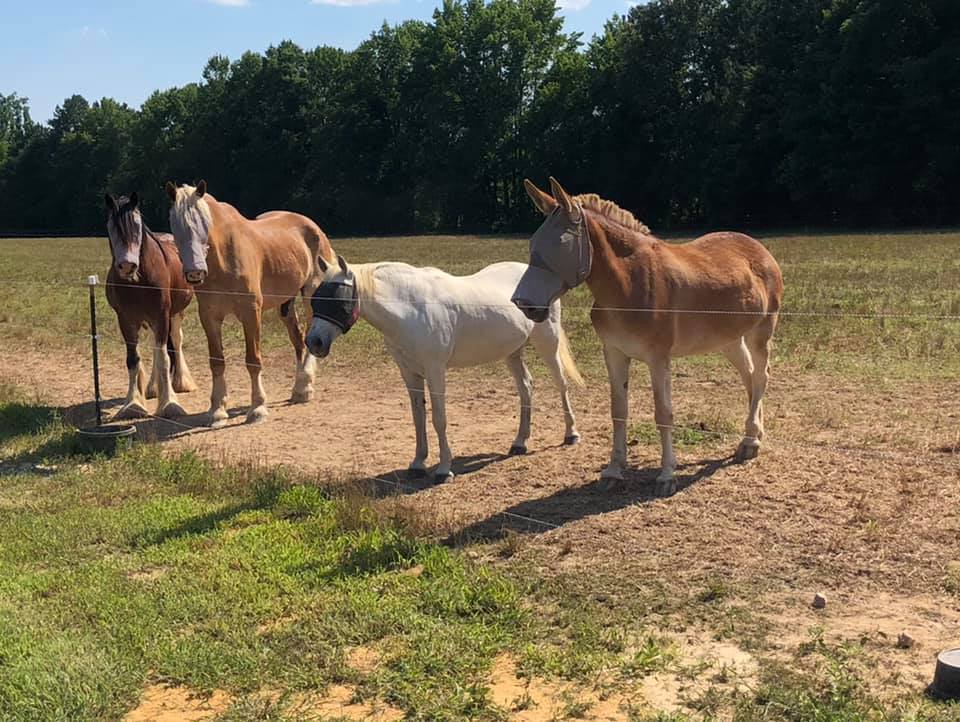Feeding Horses with Autoimmune Conditions: A Comprehensive Guide

Caring for horses with autoimmune conditions requires special attention to their diet to support their immune system and overall health. This article explores the best feeding practices, nutritional considerations, and common challenges faced by horse owners managing autoimmune diseases.
Understanding Autoimmune Conditions in Horses
Autoimmune diseases occur when a horse’s immune system mistakenly attacks its own body tissues. Common autoimmune conditions in horses include:
- Equine Recurrent Uveitis (ERU)
- Pemphigus foliaceus
- Systemic lupus erythematosus (SLE)
These conditions can cause inflammation, tissue damage, and a range of clinical symptoms that affect the horse’s wellbeing.
Nutritional Goals for Horses with Autoimmune Conditions
The primary nutritional goals are to reduce inflammation, support immune function, and maintain optimal body condition. Key objectives include:
- Providing antioxidants to combat oxidative stress
- Ensuring balanced vitamins and minerals
- Avoiding allergens and inflammatory feed components
Recommended Diet Components
| Nutrient Type | Benefits | Sources |
|---|---|---|
| Omega-3 Fatty Acids | Anti-inflammatory properties | Flaxseed, fish oil, chia seeds |
| Antioxidants | Reduce oxidative damage | Vitamin E, selenium, beta-carotene |
| Fiber | Supports gut health and immune balance | Hay, beet pulp, alfalfa |
| Protein | Supports tissue repair and immune function | High-quality forage, soybean meal |
Foods and Ingredients to Avoid
- High sugar/starch feeds that may exacerbate inflammation
- Moldy or dusty hay that can trigger immune responses
- Artificial additives and preservatives
Feeding Tips and Management
- Introduce dietary changes gradually to avoid digestive upset
- Monitor body condition and adjust feed accordingly
- Provide clean, fresh water at all times
- Consult with a veterinarian or equine nutritionist for tailored advice
FAQ: Feeding Horses with Autoimmune Conditions
Q1: Can diet alone manage autoimmune diseases in horses?
A1: While diet plays a crucial role in managing symptoms and supporting immune health, it should be part of a comprehensive treatment plan including veterinary care.
Q2: Are supplements necessary?
A2: Supplements like omega-3 fatty acids and antioxidants can be beneficial but should be used under professional guidance.
Q3: How do I know if my horse’s diet is working?
A3: Regular veterinary check-ups and monitoring of clinical signs will help assess the effectiveness of dietary management.
Feeding horses with autoimmune conditions demands a thoughtful approach that balances nutrition and health needs. By understanding the disease and carefully selecting feed components, owners can help improve their horse’s quality of life.
